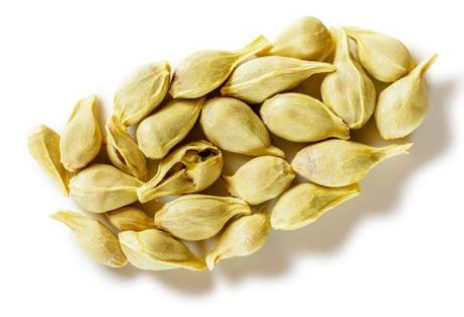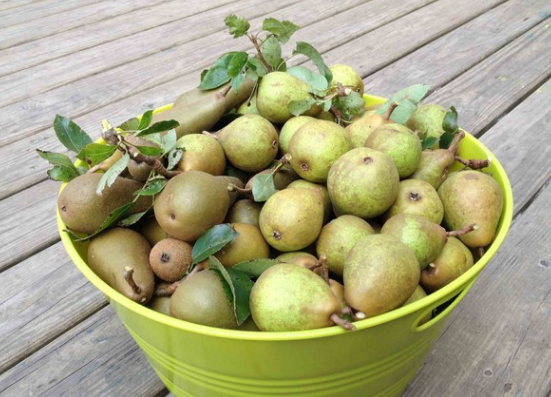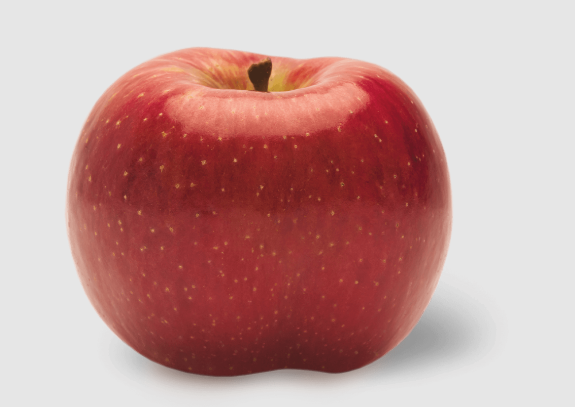Peaches are tasty fruits that remind us of summer treats like cobblers and jams. But there’s more to peaches than their sweetness. They have a certain level of acidity, and knowing about pH can tell us about the health benefits they provide and how they can be used in cooking.
Table of Contents
Why Is pH Important?
“pH” means how much “potential hydrogen” something has, and it tells us if something is more acidic or more alkaline. The pH scale is from 0 to 14. Anything between 0-6 is acidic, 7 is neutral, and 8-14 is alkaline.
The level of acidity or alkalinity affects different things like enzyme actions, which are important for digesting food and making vitamins work better.
Organic acids in fruits and veggies give them a fresh, tangy taste. But too much acid can stop enzymes and nutrients from working well. Eating both acidic and alkaline foods helps keep our bodies healthy.
The Acidity of Peaches
Peaches have a pH ranging from 3 to 4, usually around 3.3 to 3.6. This means that peaches are somewhat acidic, similar to oranges and lemons.
Many things can change how acidic peaches are:
- How ripe they are – Less ripe peaches are more acidic, and they get sweeter as they ripen.
- Type – Some peaches like Redhaven are less acidic. White peaches are less acidic than yellow ones.
- Climate – Peaches grown in warmer places may be sweeter.
- When they are picked – Peaches picked early in the season might be more acidic than those picked later.
- How long they’re stored – Fresh peaches are less acidic than those that have been stored for a while.
Peaches have a fair amount of malic acid and citric acid, which give them their tart flavor.
Why Do Peaches Taste Sour?
The sour taste of peaches mainly comes from malic acid and citric acid. These acids give them that tart flavor even when there’s just a little bit of them.
Malic acid is found in all fruits and makes apples especially sour. In peaches, it adds a mild acidity.
Citric acid, which is also in lemons, adds an extra sour kick to peaches.
Ascorbic acid, or vitamin C, gives peaches a bit more sourness and also works as an antioxidant.
Peaches also have a little bit of oxalic acid, which can make it harder for our bodies to absorb minerals, but there’s not enough in peaches to worry about.
Good Things About Peach Acidity
Peaches might taste sour, but they’re great for you in several ways.
- The acids in peaches turn into something alkaline when digested, which helps to balance our body’s pH.
- They make minerals like iron and calcium easier for our bodies to use.
- The vitamin C in peaches fights off harmful free radicals and helps us stay healthy.
- These acids help our stomachs to break down food better.
- Malic acid might help us feel more energetic.
- Citric acid can clean things without harming the environment.
How Peaches Become Alkaline-Forming
While peaches might seem sour, after we digest them, they leave behind an alkaline effect. This means they help our bodies stay more alkaline.
When digested, the organic acids change into things like carbonates and phosphates. This makes our urine and saliva less acidic, which means our body is more alkaline.
Foods like lemons that taste acidic also become alkaline after we digest them. Knowing this helps us understand the real way foods affect our bodies.
Cooking Tips for Peaches Based on Their Acidity
Knowing about the acidity of peaches can help us cook and prepare them better. Here are some tips:
- Soaking peaches in sugar syrup can balance their sourness and bring out their juice.
- Using peach juice to clean a pan can add a nice sweet and sour flavor to sauces.
- Cooking slightly unripe peaches on a grill can make their taste stronger and sweeten them up.
- Putting peaches in wine or tea can help the fruit take in the flavors of the liquid.
- Baking peaches makes them taste better and sweeter.
- Pickling peaches keeps them firm and adds more sourness.
- Turning peach puree into a glaze adds a nice tangy touch to rich foods like meat.
- Mixing peaches with cream or yogurt makes for a delicious sweet and sour smoothie.
Wrapping Up
Even though peaches have a sour taste, they turn alkaline in our bodies. Their natural acids provide a nice sourness while also being good for our health. Keep in mind the pH and acidity of peaches when using them in dishes to get the best out of them. By using the features of this summer fruit, you can enjoy peaches in lots of different ways.









